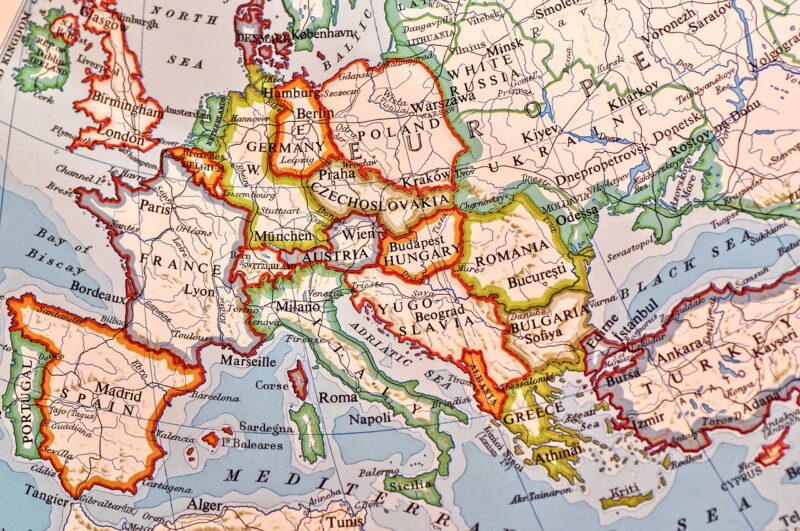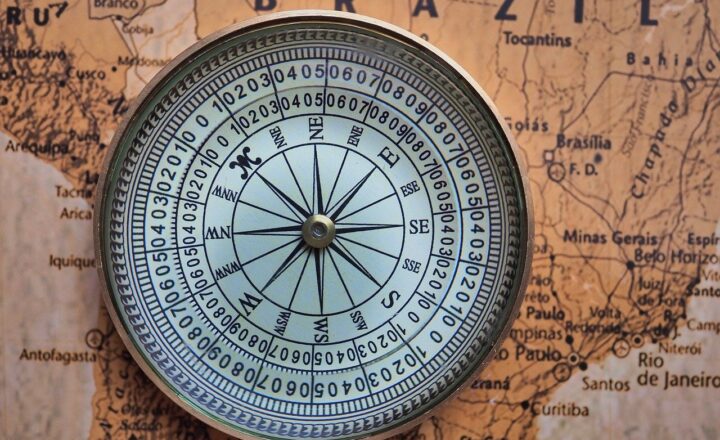The Political Legacy of the Age of Exploration and Its Long-Term Effects
November 16, 2024

The Age of Exploration, spanning from the late 15th century to the early 17th century, established an era of unprecedented global interaction and cultural exchange. This period saw European powers such as Spain, Portugal, England, France, and the Netherlands expand their influence across the world through exploration, colonization, and trade. The political ramifications of these activities have shaped international relations, territorial boundaries, and the socio-political dynamics of modern nations in ways that are still palpable today. This article delves into the numerous political legacies left by the Age of Exploration and outlines their long-term effects on modern governance, international relations, and national identity.
1. The Emergence of Nation-States
The Age of Exploration contributed significantly to the evolution of the modern nation-state, characterized by defined borders, a centralized government, and a concept of national identity. As European powers expanded their territories, they established colonies resulting in an intricate web of territorial claims that laid the groundwork for modern political maps. For instance, the Treaty of Tordesillas in 1494, brokered by the Pope, divided the New World between Spain and Portugal, illustrating early efforts at international diplomacy concerning territorial sovereignty.
This era ignited the nationalistic sentiments that fueled competition among emerging nation-states leading to colonial rivalries and wars. Nations vied for global supremacy, ultimately promoting modern ideals of nationalism that persist today.
2. International Trade and Mercantilism
With expanded exploration came increased trade routes connecting Europe, Asia, Africa, and the Americas. The flow of goods altered political economies, as countries like Spain and Portugal amassed wealth through the mercantilist system, which emphasized state control of trade. Governments began enacting policies to regulate commerce, establish monopolies, and employ tariffs, thereby eliciting a directive role in economic affairs.
The rivalry between colonial powers intensified as they strove to secure resources like gold, spices, and slaves, feeding into the mercantilist ideology of wealth accumulation as a source of national power. Such policies sowed the seeds for future economic structures and international trade agreements that influence global trade discussions and policies today.
3. Colonial Governance and Its Political Structures
The Age of Exploration resulted in the establishment of various governance systems in colonized territories. European powers often overlaid their political structures onto indigenous systems, leading to the implementation of various models of colonial administration, from direct rule to indirect rule. These systems had lasting implications for local governance and the political trajectories of various nations.
In regions like India and Africa, colonial rule instituted new laws, administrative ethics, and political relationships that replaced existing systems. The ramifications of these impositions are evident in contemporary politics where former colonies continue grappling with legacies like administrative inefficiencies, corruption, and political unrest.
4. The Spread of Ideologies and Political Thought
The exploration and colonization led to the dissemination of European ideologies like Enlightenment thinking, which championed individual rights and democracy. These political philosophies spread across the globe, encouraging colonized peoples to question arbitrary rule and advocate for self-determination.
Social contracts theorized by Enlightenment thinkers invigorated revolutionary movements worldwide, exemplified by the French and American Revolutions. The ideologies stemming from this era have indelibly influenced modern political democracy and civil rights movements.
5. Long-Term Impacts on Global Politics
The geopolitical landscape shaped during the Age of Exploration continues to influence international relations. Modern rivalries and alliances often trace their roots back to colonial endeavors and territorial distributions. For instance, the arbitrary borders drawn in Africa during the Berlin Conference of 1884-1885, themselves a consequence of earlier explorations, have had lasting implications for political cohesion and stability in post-colonial nations.
Additionally, longstanding narratives of power dynamics and cultural exchanges generated through exploration have implications on current diplomatic relations, trade agreements, and global governance structures as nations navigate the intertwined legacies of past alliances and conflicts.
6. Cultural Diplomacy and Soft Power
The Age of Exploration also ushered in a new era of cultural diplomacy, where nations utilized cultural influence as a tool of soft power. The establishment of global links facilitated cultural exchanges that continue to shape national identities and international relations today.
Countries like France and the United Kingdom have historically used their cultural exports—literature, fashion, art—as instruments for maintaining influence abroad. Understanding the cultural dimensions of politics remains crucial for contemporary diplomatic relations and highlights the enduring significance of the political legacy of the Age of Exploration in shaping national identities.
Conclusion
The political legacy of the Age of Exploration is profound, spanning centuries and influencing the very fabric of modern governance, international relations, and cultural diplomacy. By examining the political developments arising from this pivotal era, we gain valuable insight into contemporary political challenges and narratives. Understanding these legacies not only enriches our historical perspective but also equips us to navigate the complexities of today’s interconnected world, shaped by the very explorations of centuries past.
As we reflect upon the global dynamics at play, it becomes clear that the Age of Exploration is not merely a chapter in history; it is a foundational period that continues to shape our political landscape, identity, and cultural relations today.







